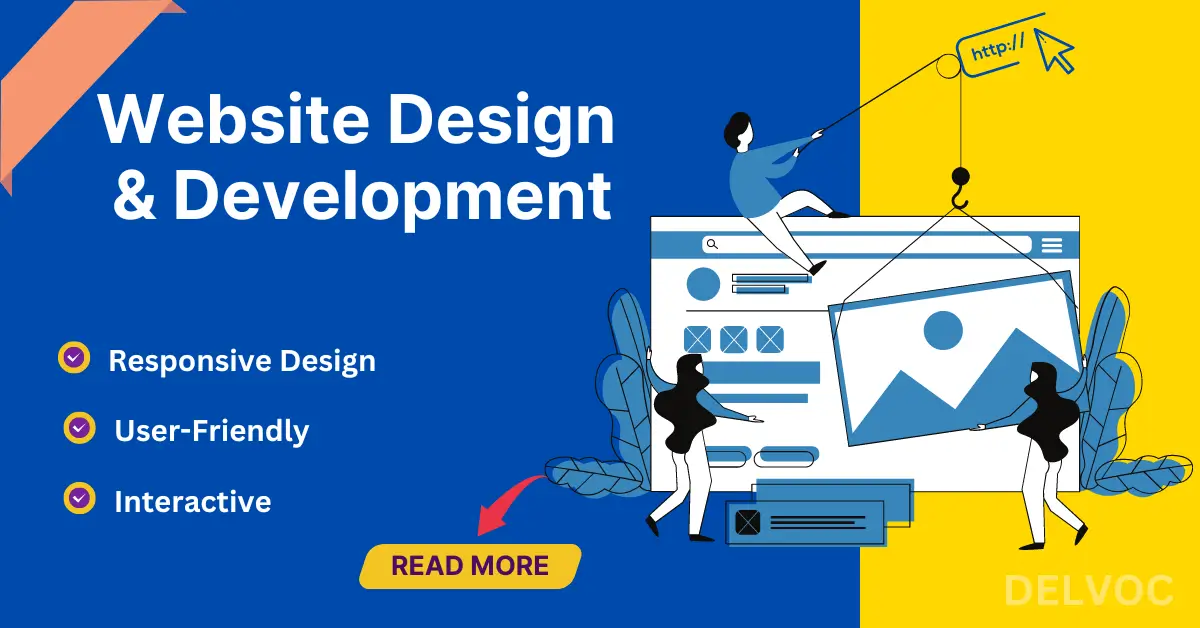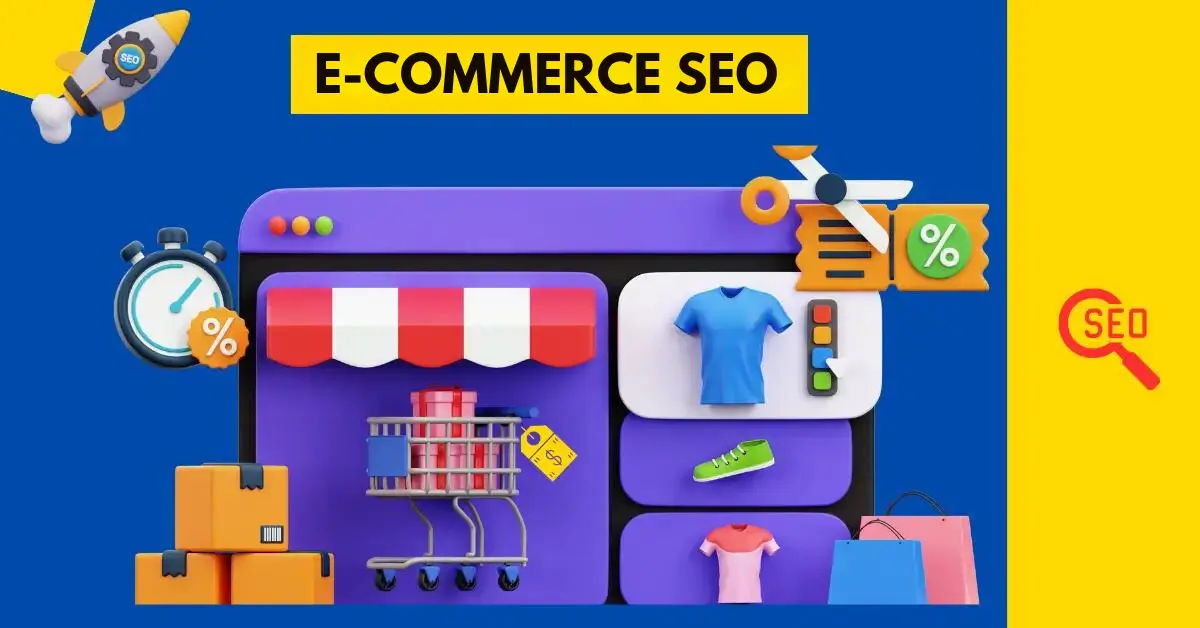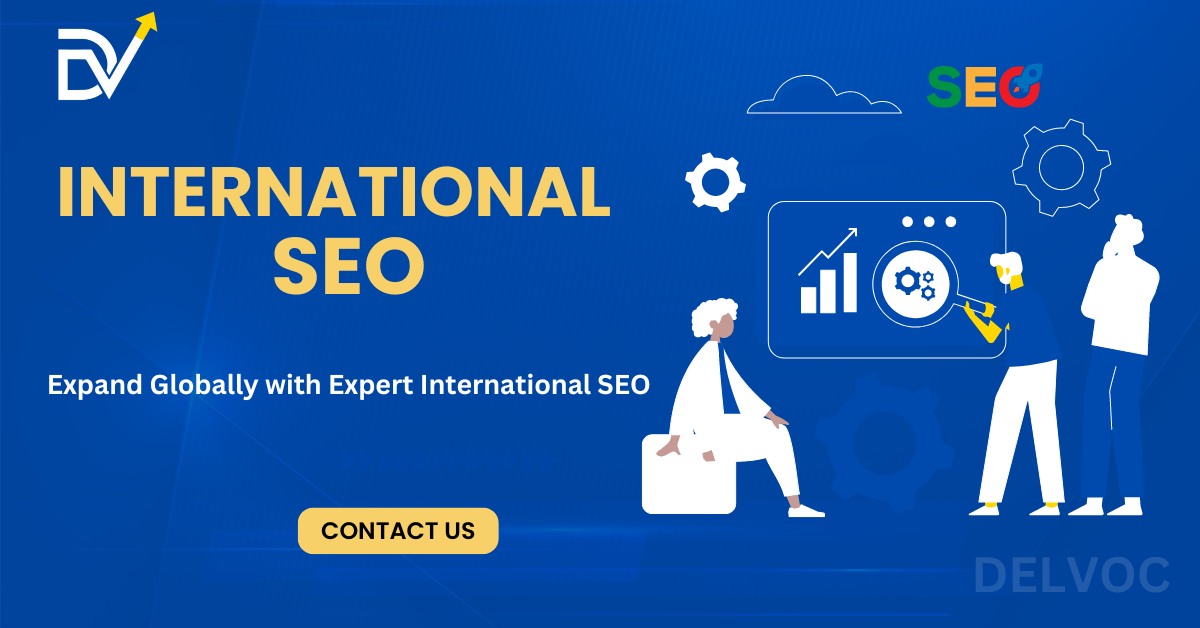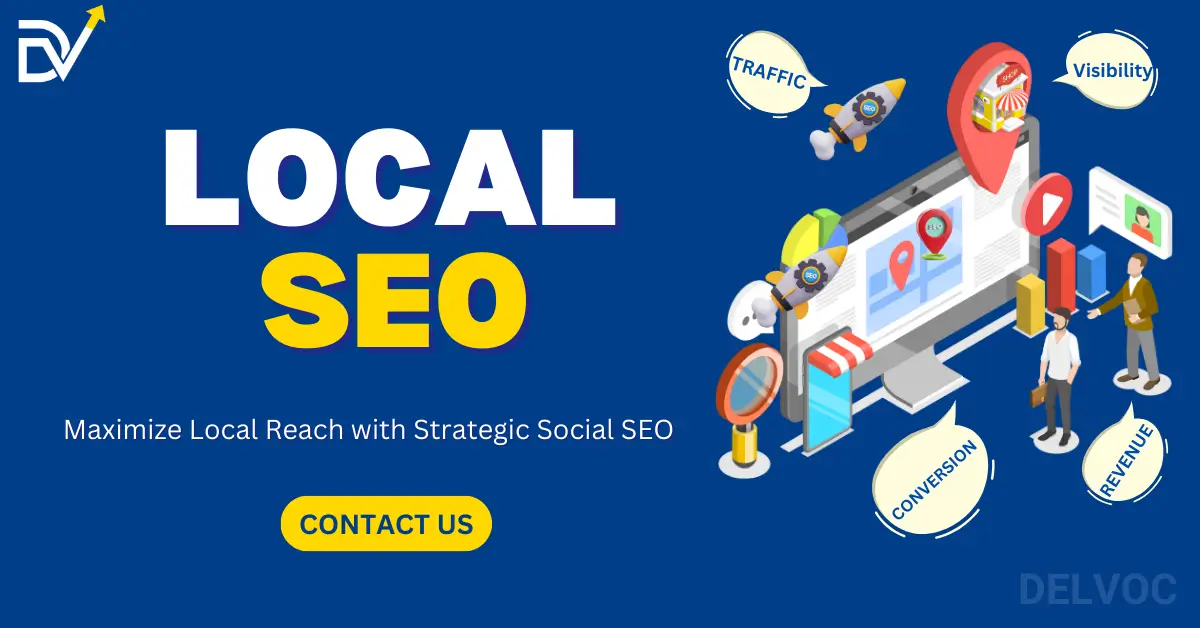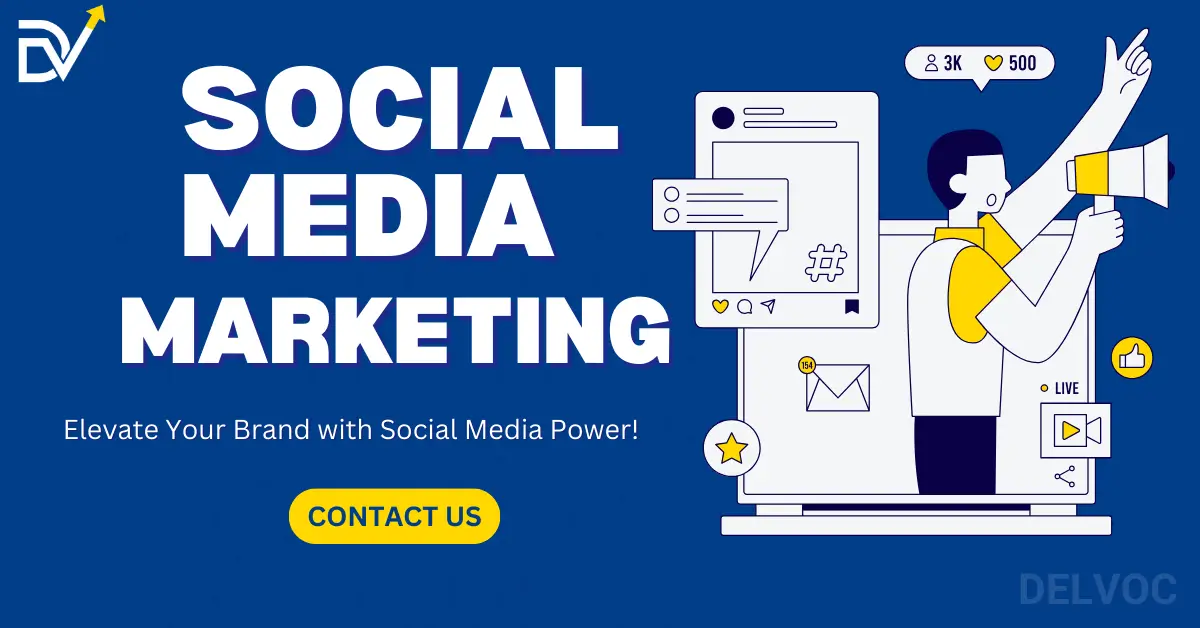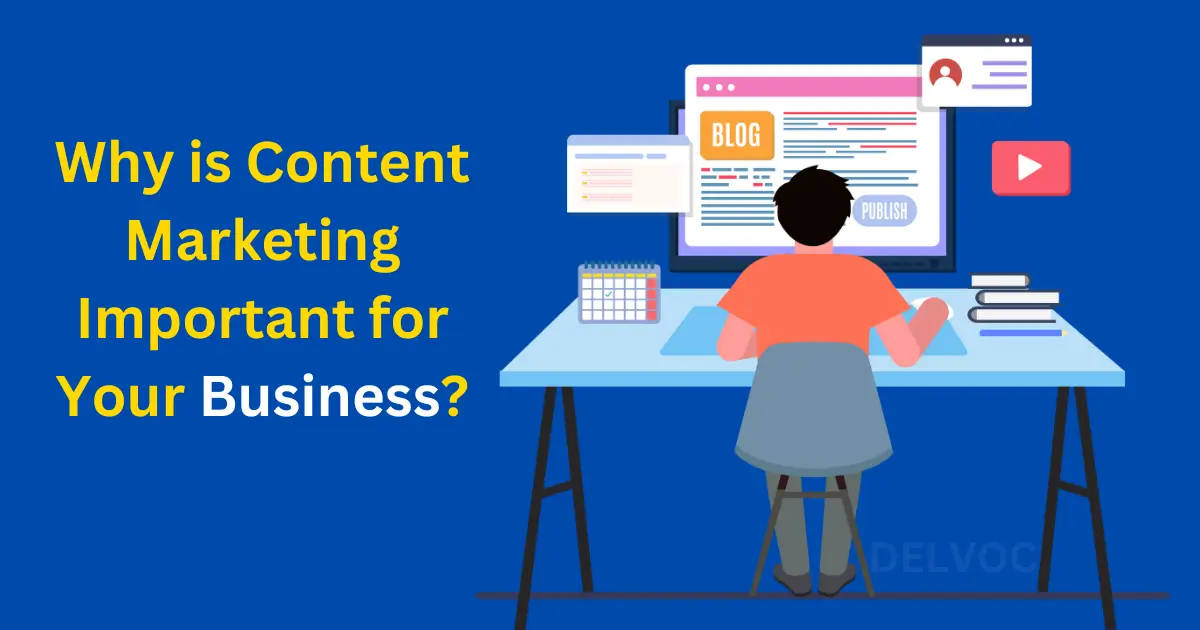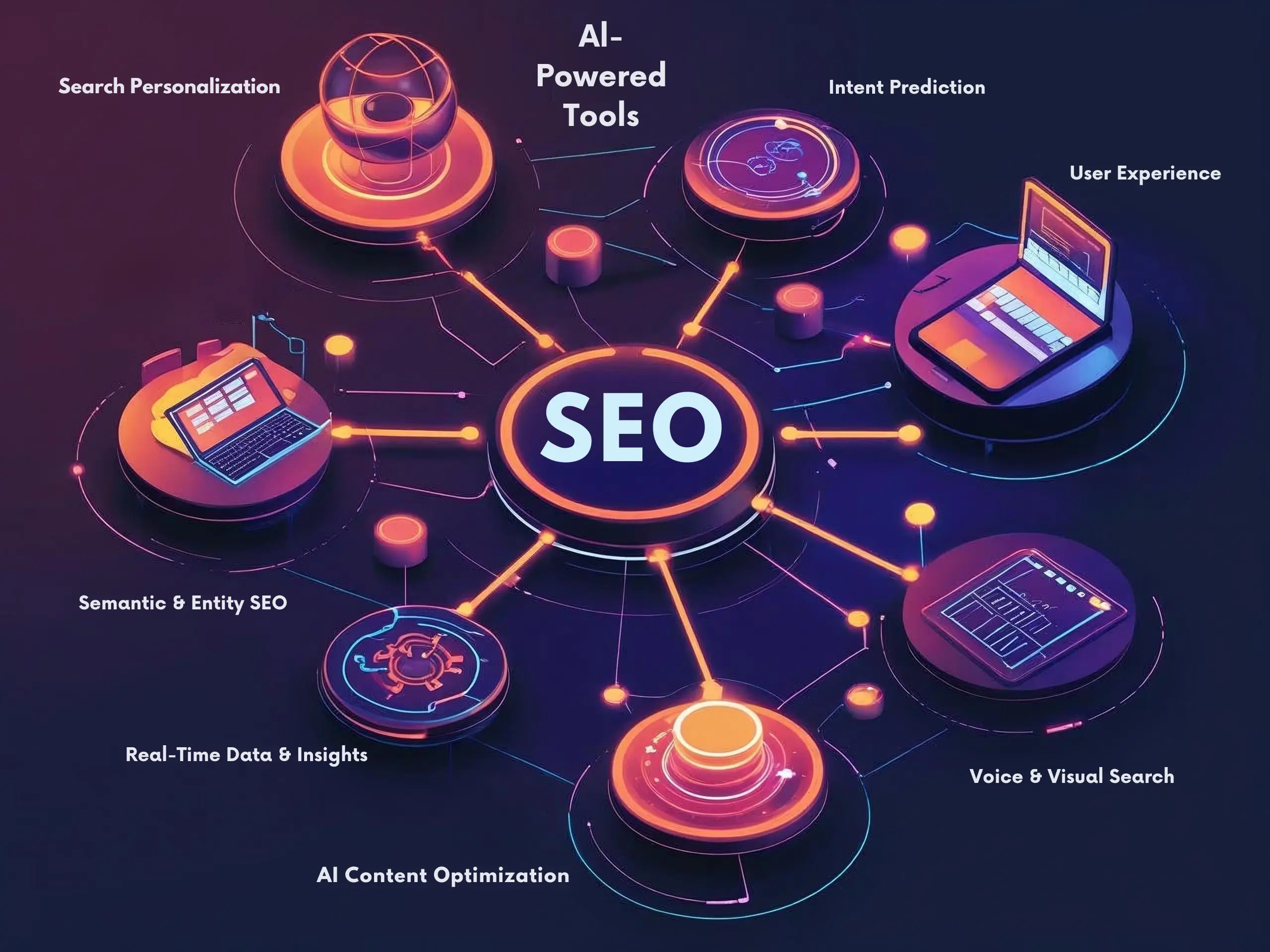In today’s Internet era, having a strong online presence is crucial for the success of any business. You might be wondering, “Does a small business need a website?” The answer is resounding Yes.
A website is no longer a luxury but a necessity for small businesses and e-commerce ventures alike. Let’s explore why this is the case and how a well-crafted website can drive your business to new heights.
The Digital Landscape
In an era where consumers turn to the internet for everything from product research to purchasing, not having a website can put your small business at a significant disadvantage. A website acts as your digital storefront, open 24/7, providing potential customers with information about your products, services, and business values.
Benefits of a Website for Small Businesses
1. Increased Visibility and Reach A website increases your visibility, making it easier for potential buyers to find you. It allows you to reach a wider audience beyond your local area, expanding your market reach.
Without a website, your business is invisible to a large group of consumers who search online for products and services.
2. Credibility and Professionalism A professionally designed website enhances your business’s credibility. It shows that you are serious about your business and provides a platform to showcase customer testimonials, case studies, and your expertise.
In today’s digital-first world, consumers expect businesses to have an online presence, and a lack of one can be seen as a red flag.
3. Marketing and SEO A website allows you to implement digital marketing strategies, including Search Engine Optimization (SEO), to attract organic traffic. By optimizing your website for search engines, you can improve your ranking on search results pages, driving more visitors to your site.
SEO helps you target specific keywords that potential customers are searching for, increasing the likelihood of attracting qualified leads.
4. Customer Engagement and Retention A user-friendly, and mobile-friendly website provides a seamless experience for your customers. Features like contact forms, live chat, and informative content help engage visitors and retain customers.
Additionally, a well-designed website can offer personalized experiences and targeted content, further enhancing customer satisfaction.
5. Cost-Effective Marketing Compared to traditional advertising methods, maintaining a website is a cost-effective way to promote your business. It allows you to reach a global audience without the high costs associated with print, radio, or TV ads.
Additionally, you can leverage social media and email marketing to drive traffic to your website at a relatively low cost.
6. Data and Analytics A website provides valuable data and analytics about your visitors. You can track user behavior, understand which products or services are most popular, and make data-driven decisions to improve your business.
Tools like Google Analytics give you insights into how visitors find and interact with your site, allowing you to optimize your marketing strategies.
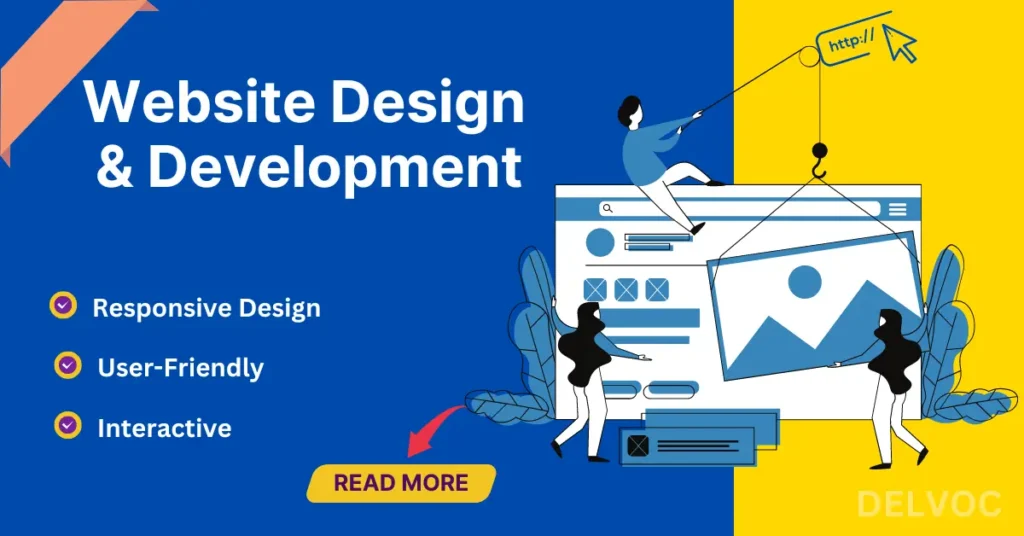
The Role of a Digital Marketing Agency
Building a website can be a daunting task, especially if you lack technical skills. This is where a digital marketing agency comes in. Here are some pros of having a professional agency build your website:
1. Expertise and Experience Digital marketing agencies have the expertise and experience to create a website that is not only visually appealing but also functional and optimized for search engines.
They stay updated with the latest design trends, SEO best practices, and technological advancements to ensure your website performs at its best.
2. Time-Saving Outsourcing your website development to an agency saves you time, allowing you to focus on running your business. Developing a website from scratch requires a significant time investment, which can take you away from other crucial business activities.
3. Ongoing Support Agencies offer ongoing support and maintenance, ensuring your website remains updated and secure. This includes regular updates, security patches, and troubleshooting any issues that arise, giving you peace of mind.
4. Customized Solutions A digital marketing agency can provide customized solutions tailored to your business needs. They can design a website that aligns with your brand identity and meets your specific goals, whether it’s increasing sales, generating leads, or building brand awareness.
Cons of Self-Building a Website
While building your own website might seem like a cost-saving option, it comes with its challenges:
1. Time-Consuming Learning to design and build a website can be incredibly time-consuming, taking you away from your core business activities. The process involves not just creating the site but also ongoing maintenance and updates.
2. Technical Challenges Without the necessary skills, you may struggle with technical issues, resulting in a subpar website that could harm your business’s image. Problems with coding, design, and functionality can lead to a frustrating user experience.
3. Lack of Optimization DIY websites often lack the optimization needed for search engines and user experience, limiting your website’s effectiveness in attracting and retaining customers. Professional SEO and design techniques are essential to ensure your site ranks well and engages visitors.
4. Hidden Costs While many DIY website builders advertise low costs, there can be hidden expenses such as premium themes, plugins, and hosting fees. These can add up quickly, making the initial savings less significant.
How a Website Helps Small Businesses and E-commerce to Grow
A well-designed, user-friendly, and mobile-friendly website can significantly boost your small business or e-commerce venture. It helps build your brand, attract new customers, and retain existing ones. Here’s how:
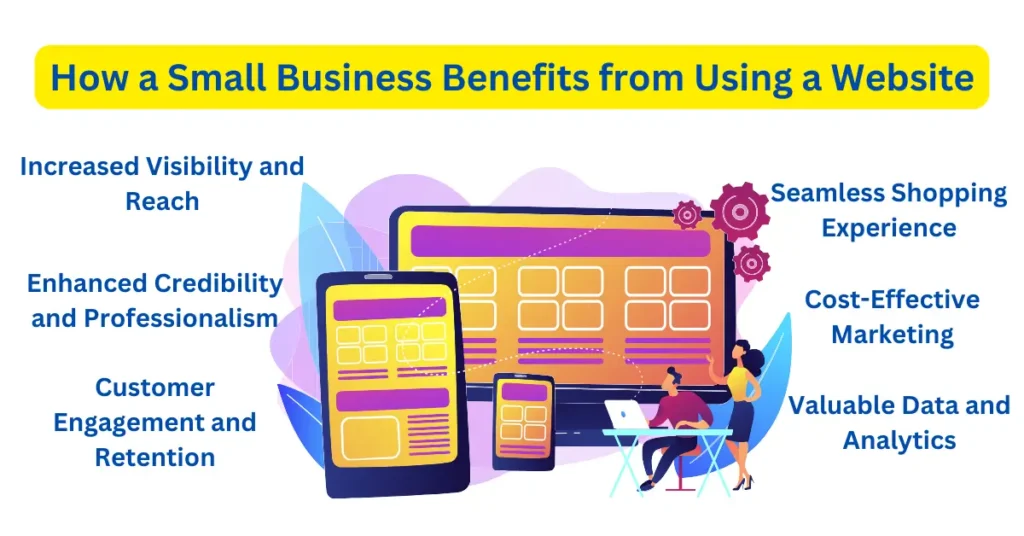
1. Building Your Brand A website allows you to establish and reinforce your brand identity. You can showcase your products, services, and unique selling points in a way that aligns with your brand’s voice and values.
Consistent branding across your website and other online channels helps build trust and recognition among your audience.
2. Attracting New Customers Through SEO and digital marketing strategies, a website can attract new customers who are searching for your products or services online.
High-quality content, optimized for relevant keywords, helps your site rank higher in search engine results, increasing the chances of attracting organic traffic.
3. Retaining Existing Customers A user-friendly website with engaging content and easy navigation helps retain existing customers. Regularly updated content, such as blog posts, newsletters, and special offers, keeps your audience engaged and encourages repeat visits.
4. Providing a Seamless Shopping Experience For e-commerce businesses, a website is essential for providing a seamless shopping experience. Features like easy navigation, secure payment options, and fast loading times are crucial for converting visitors into customers.
A mobile-friendly design ensures that your site is accessible and functional on all devices, catering to the growing number of mobile users.
5. Enhancing Customer Service A website can enhance customer service by providing valuable information and support options. FAQs, contact forms, live chat, and resource centers help customers find answers to their questions and resolve issues quickly, improving overall satisfaction.
The Importance of Mobile-Friendliness
With more consumers using mobile devices to browse the internet, having a mobile-friendly website is crucial. A responsive design ensures that your website looks and functions well on all screen sizes, providing a positive user experience regardless of the device used.
Mobile-friendliness is also a key factor in search engine rankings, as Google and other search engines prioritize mobile-optimized sites.
Conclusion
So, does a small business need a website? Absolutely. In the competitive digital landscape, a website is essential for visibility, credibility, and growth. Partnering with a digital marketing agency like Delvoc Digital Marketing Agency ensures that your website is professionally designed and optimized, providing you with the best chance to succeed online.
Don’t let the lack of a website hold your business back—take the leap and watch your small business flourish.
A well-crafted website is a powerful tool that can propel your small business or e-commerce venture to new heights. By leveraging the expertise of a digital marketing agency, you can ensure your website is a valuable asset that drives growth and success.

